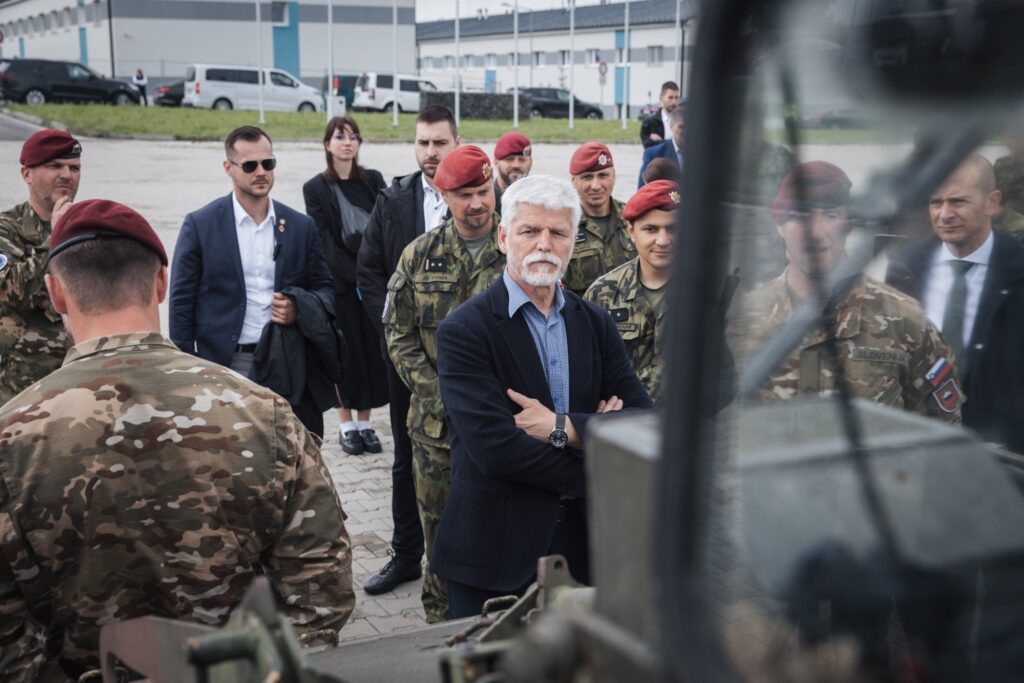
Czech President: Russians Should Be Monitored Across the West
The Russians should be treated like the Japanese in the U.S. during WWII, President Pavel said, stopping just short of suggesting internment camps, as it’s “simply the cost of war.”

The Russians should be treated like the Japanese in the U.S. during WWII, President Pavel said, stopping just short of suggesting internment camps, as it’s “simply the cost of war.”
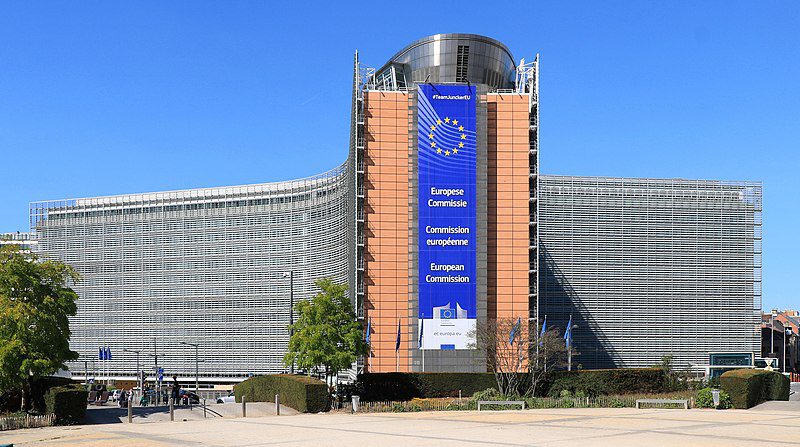
Confronted with high-risk tech suppliers and ‘anti-competitive’ practices, the EU Commission decided to roll back U.S. and Chinese corporate presence.
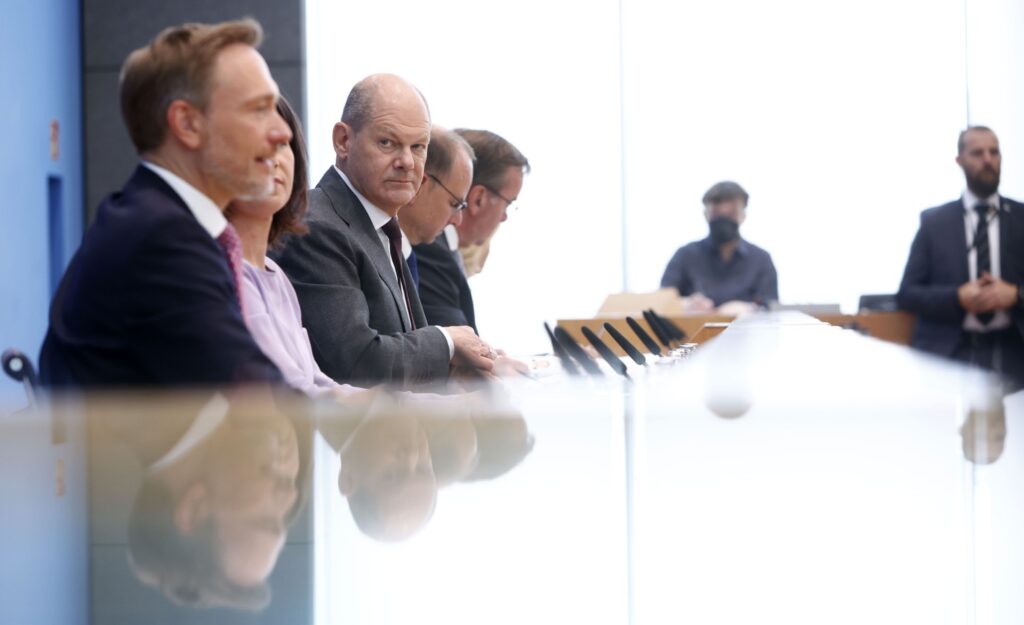
While Germany’s first-ever national security strategy remains cautious on the China question, it is considerably less so on the Russian one, naming Moscow the “most significant threat to peace and security in the Euro-Atlantic area.”
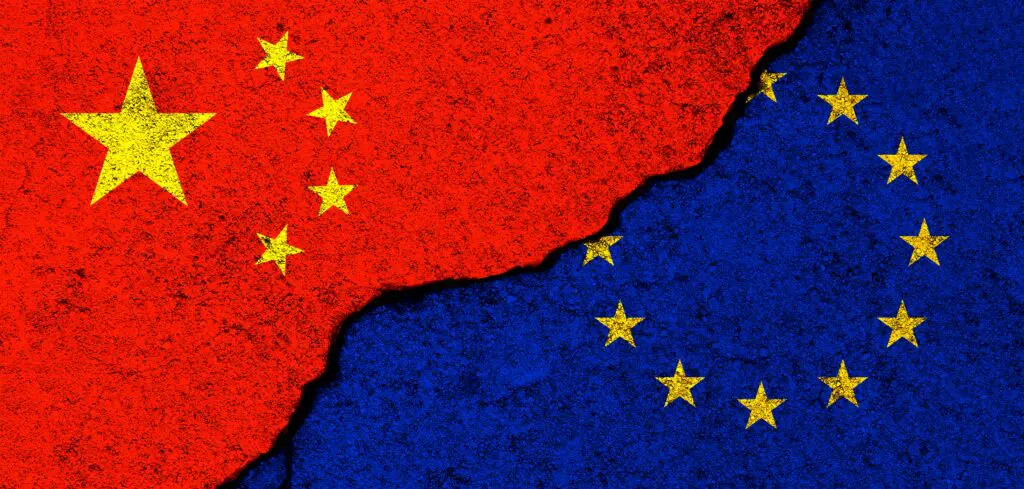
It is evident that the prospect of closer ties with France is very much on China’s radar—and understandably so, France’s trust would be an immeasurable boon to the extension of China’s influence through Europe and the curtailing of the U.S.’s influence.
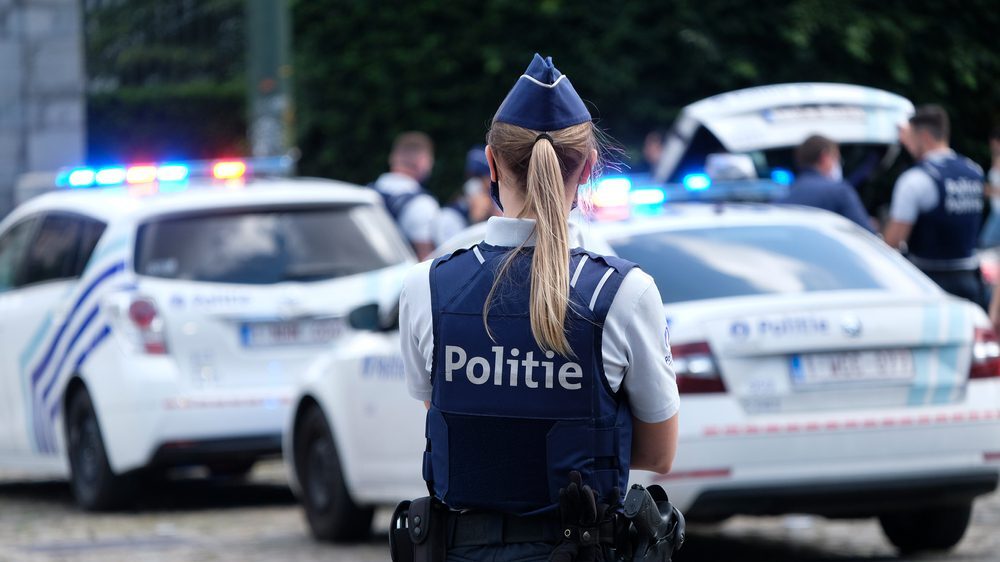
Belgian police advised officials investigating the Qatargate scandal to keep their devices away from top-level meetings after Pegasus spyware was found on the phones of multiple officials.

According to a report from December of last year, Fr. Rupnik may have abused as many as nine women, all of them nuns.
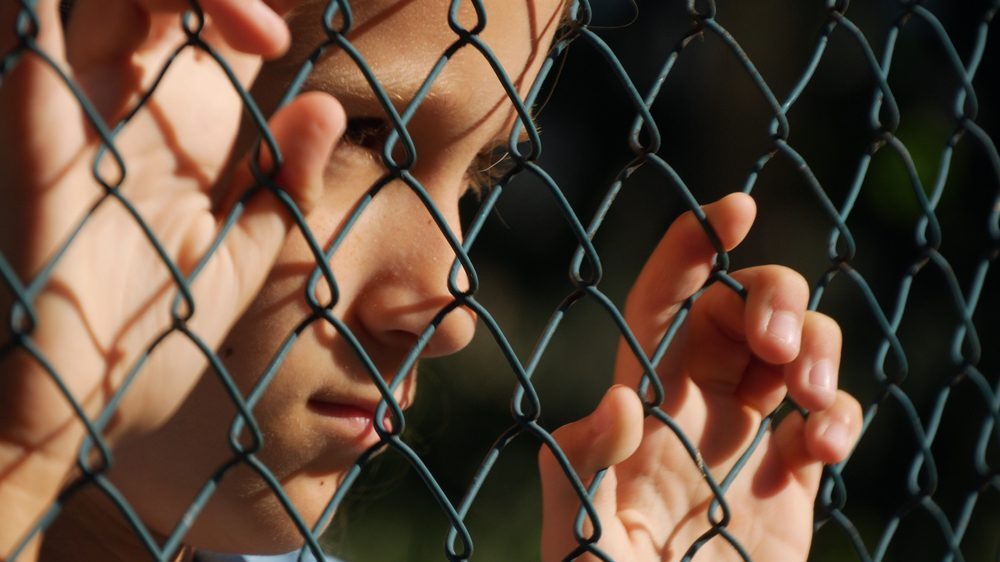
To gain Spanish residency, foreign women are reportedly flying to Spain on tourist visas and abandoning their children, who later claim to be unaccompanied minor refugees in an effort to take advantage of Spain’s family reunification policy.
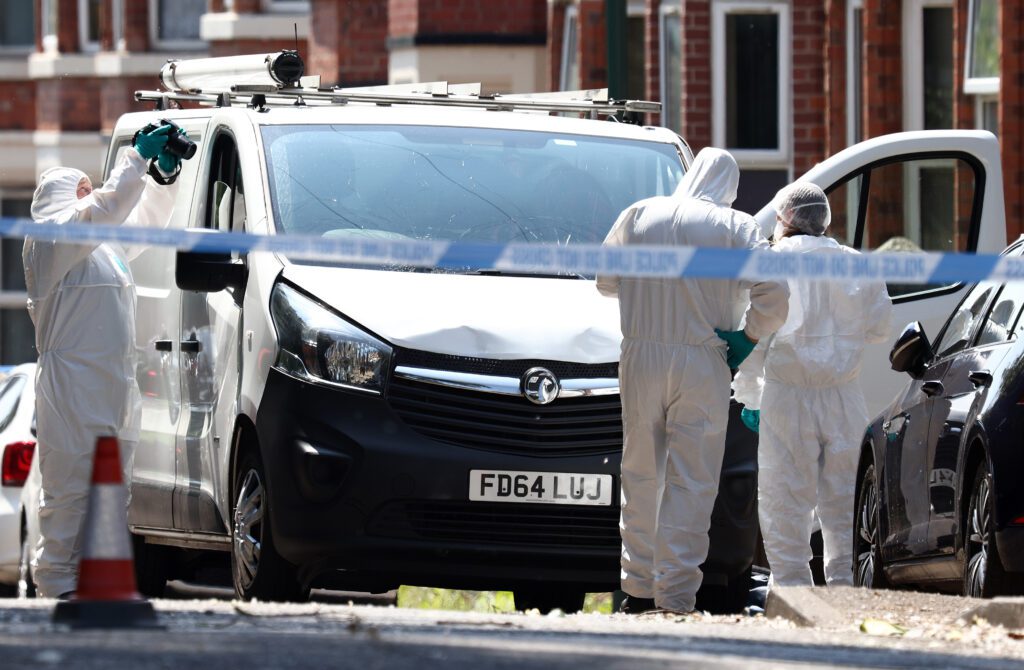
In Nottingham, the police have just been granted an extra 36 hours to question the suspect—that should give us all the chance to start singing “Don’t look back in anger,” before any anger has the bad taste to show itself.
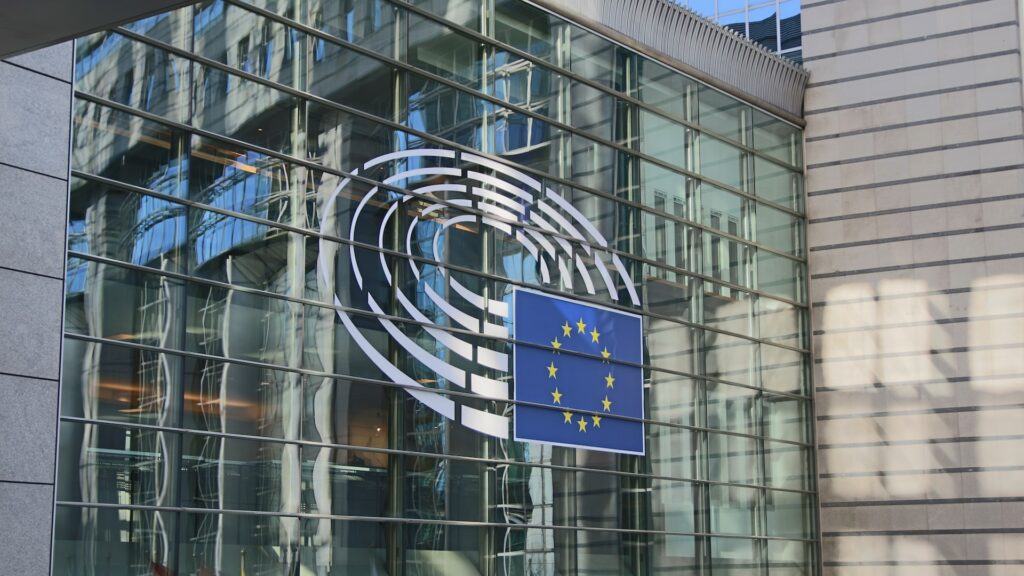
Despite the opacity of Brussels’ sausage making, interest in EU politics among the citizenry is on the rise.

Europol’s annual report states that of 380 people arrested across all 27 member states last year on suspicion of terror-related offenses, 266 people, or 70% of those arrested, were arrested for jihadist offenses.

The Russians should be treated like the Japanese in the U.S. during WWII, President Pavel said, stopping just short of suggesting internment camps, as it’s “simply the cost of war.”

Confronted with high-risk tech suppliers and ‘anti-competitive’ practices, the EU Commission decided to roll back U.S. and Chinese corporate presence.

While Germany’s first-ever national security strategy remains cautious on the China question, it is considerably less so on the Russian one, naming Moscow the “most significant threat to peace and security in the Euro-Atlantic area.”

Belgian police advised officials investigating the Qatargate scandal to keep their devices away from top-level meetings after Pegasus spyware was found on the phones of multiple officials.

It is evident that the prospect of closer ties with France is very much on China’s radar—and understandably so, France’s trust would be an immeasurable boon to the extension of China’s influence through Europe and the curtailing of the U.S.’s influence.

According to a report from December of last year, Fr. Rupnik may have abused as many as nine women, all of them nuns.

To gain Spanish residency, foreign women are reportedly flying to Spain on tourist visas and abandoning their children, who later claim to be unaccompanied minor refugees in an effort to take advantage of Spain’s family reunification policy.

In Nottingham, the police have just been granted an extra 36 hours to question the suspect—that should give us all the chance to start singing “Don’t look back in anger,” before any anger has the bad taste to show itself.

Despite the opacity of Brussels’ sausage making, interest in EU politics among the citizenry is on the rise.

Europol’s annual report states that of 380 people arrested across all 27 member states last year on suspicion of terror-related offenses, 266 people, or 70% of those arrested, were arrested for jihadist offenses.
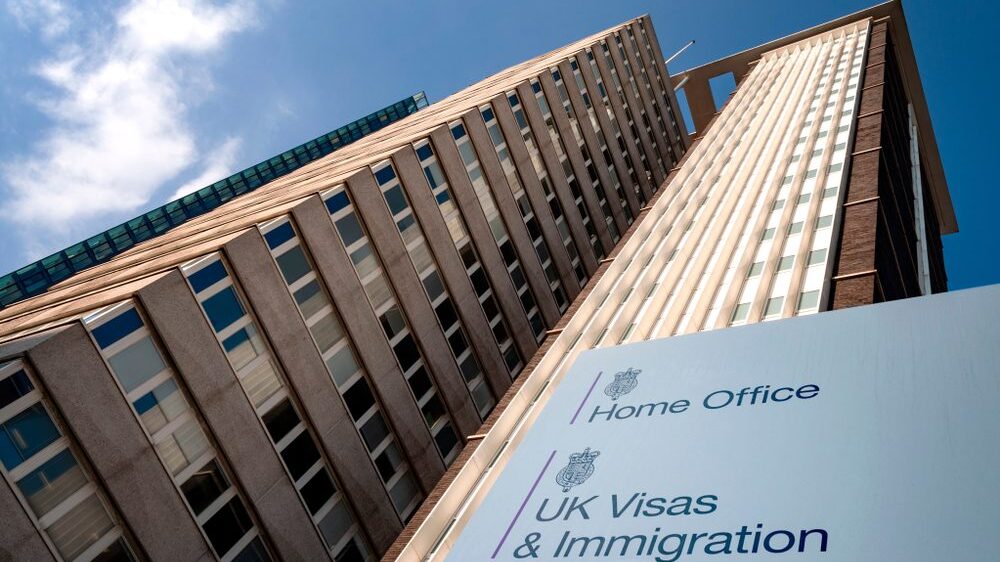
Migration Watch chairman Alp Mehmet told The European Conservative that much needs to be done to fix the “shambolic” migration system, but “there’s scant evidence that the government is up to the task.”
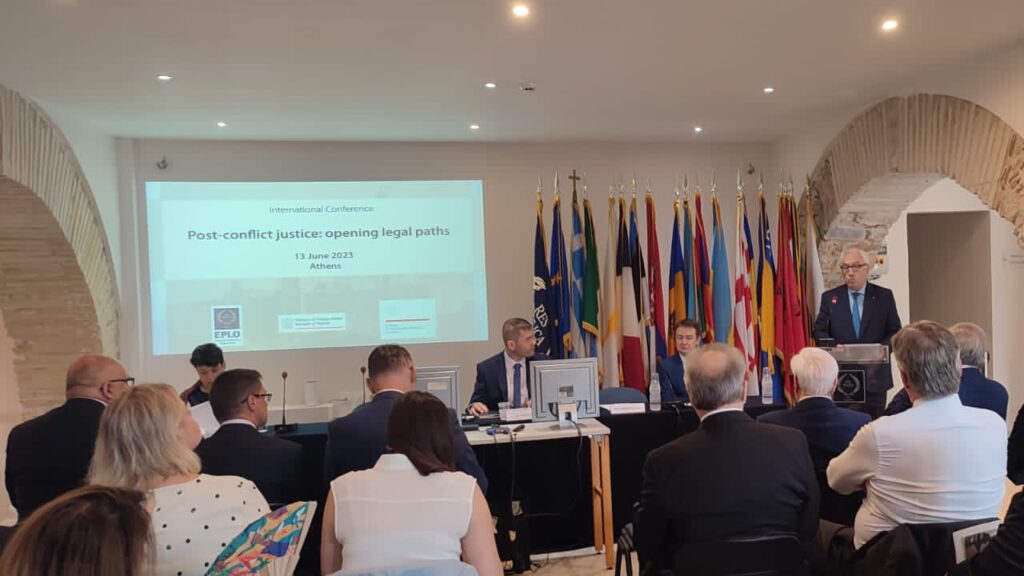
The Poles were joined by Greek officials and representatives from Serbia and Italy as Warsaw used its newfound geopolitical strength to pursue its historic grievance for Nazi-era atrocities.